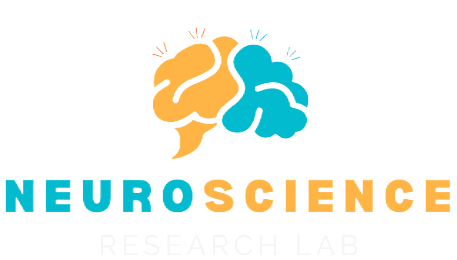 Policy Research
Policy Research
Policy Research is in infancy in India and requires thrust by funding agencies. Evidence based formulation of policy in science requires rigorous PhD programs which pursue compelling research questions relevant to management of research and its development. In view of this we have continued to write policy briefs such that it evokes policy research activity in India. By identifying the barriers in conducting smooth research, it is possible to form new guidelines that promotes research. The articles compiled here fulfill such gap in Indian research.
Quality assurance in Neuroscience Research Lab
The conventional system of running research labs in India was based on no established or uniform method of management relying on individual preferences and experiences. The much-needed quality practices could not be established for a long time in India which resulted in an unorganized data recording and less credible scientific data. The quest for implementation of such practices led by Neuroscience Research Lab headed by Dr. Akshay Anand which for the first time redefined the basic research investigations backed by quality benchmarks. This unique implementation required sustained training of human resources who along with their basic research also practiced Good lab practices, hitherto used in the clinical trial agencies.
Stem cell studies
The coffee book is a compilation of articles on stem cells defining the role, benefits, and potency to rescue degenerative disorders. All the experiments and protocols were done under the GLP compliance laboratory. This coffee book is a bundle of knowledge on stem cells under one roof. This book includes all the information to learn and explore more about stem cells.
Biomarker discovery in Brain disorders
This coffee book is an initiative by the Neuroscience Research Lab (NRL) to compile the various research articles of NRL regarding biomarker discovery. The biomarker discovery is backed up by the Predictive regression models that can help to predict the risk of the disease in relation to various factors such as aging, smoking etc. Molecules related to neuroprotection and neurodegeneration have been explored for their potential of biomarkers.

